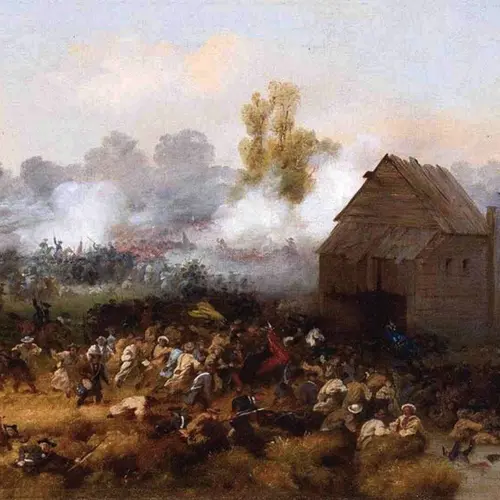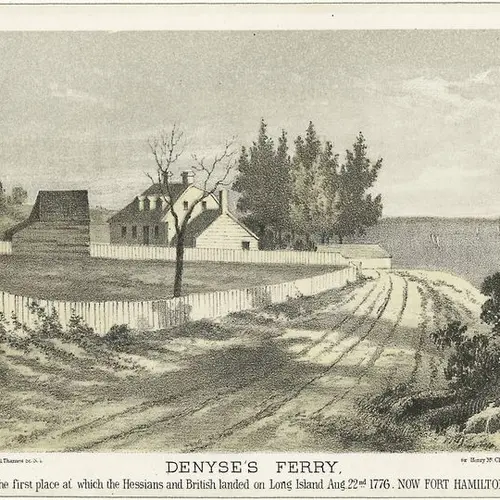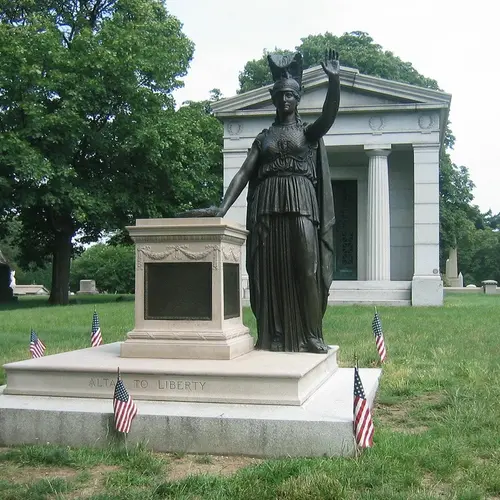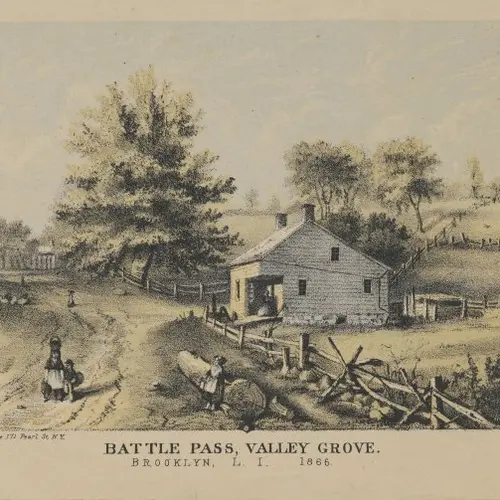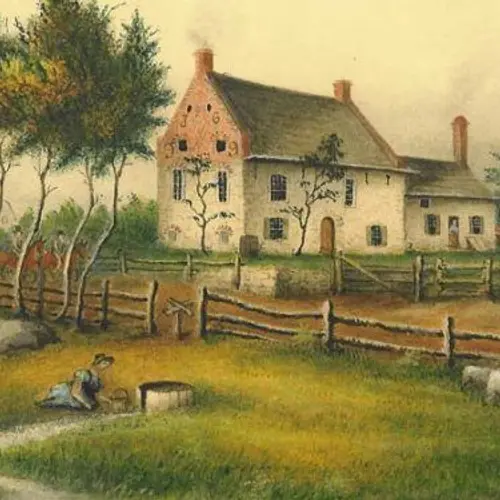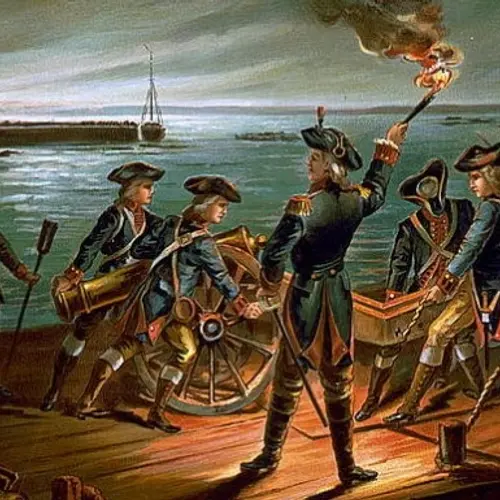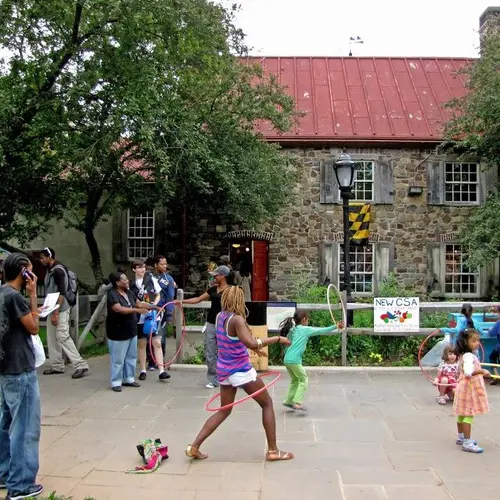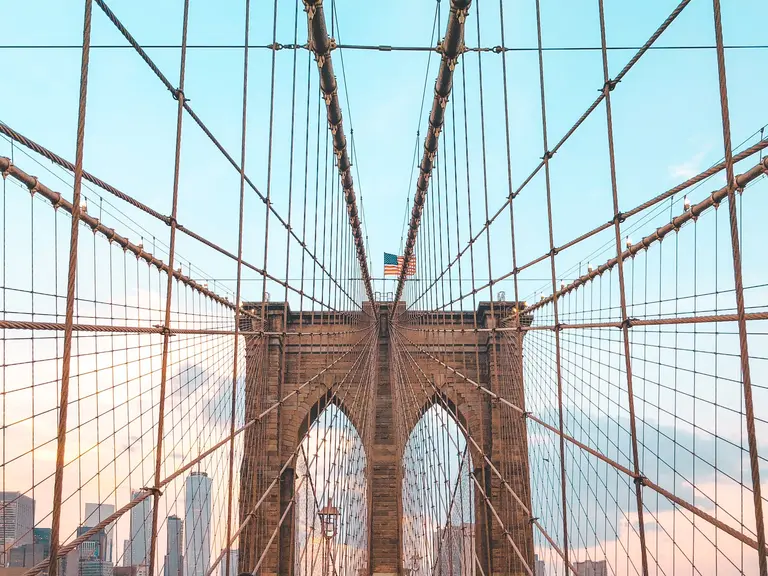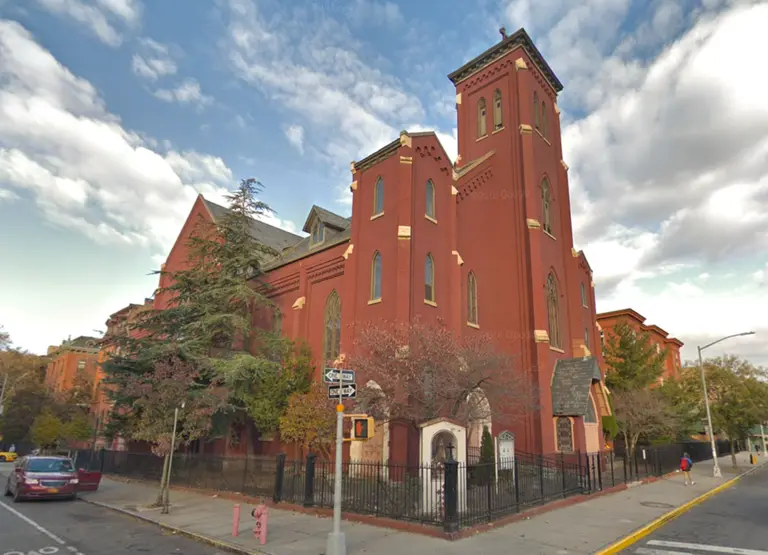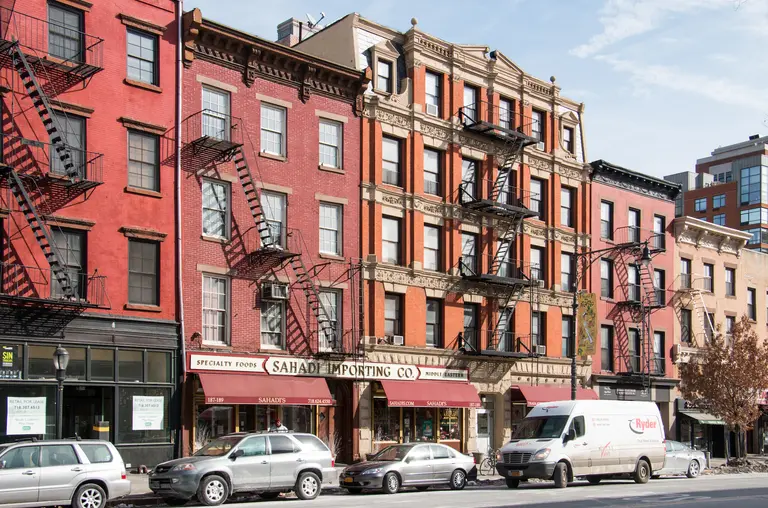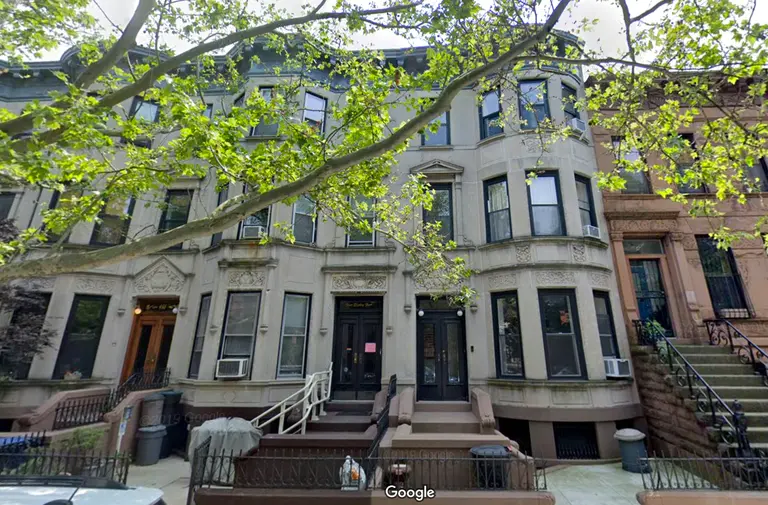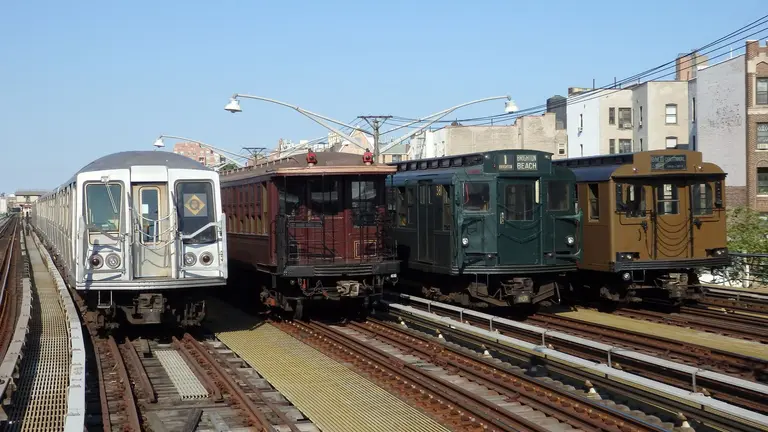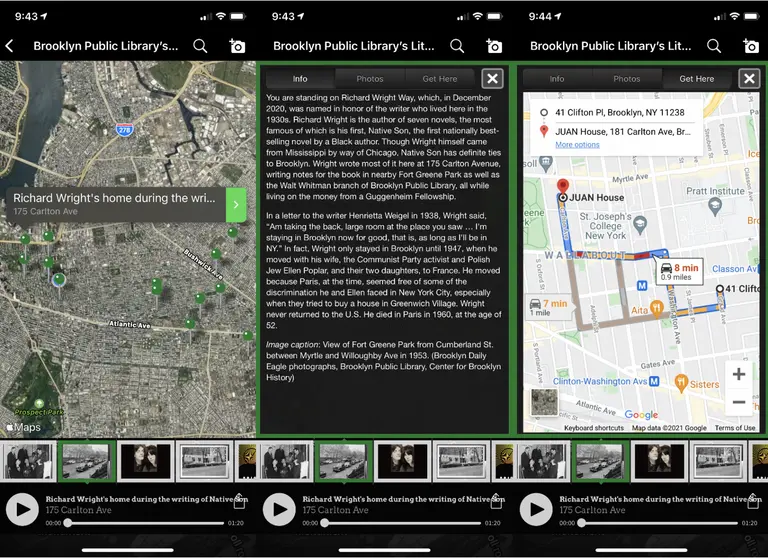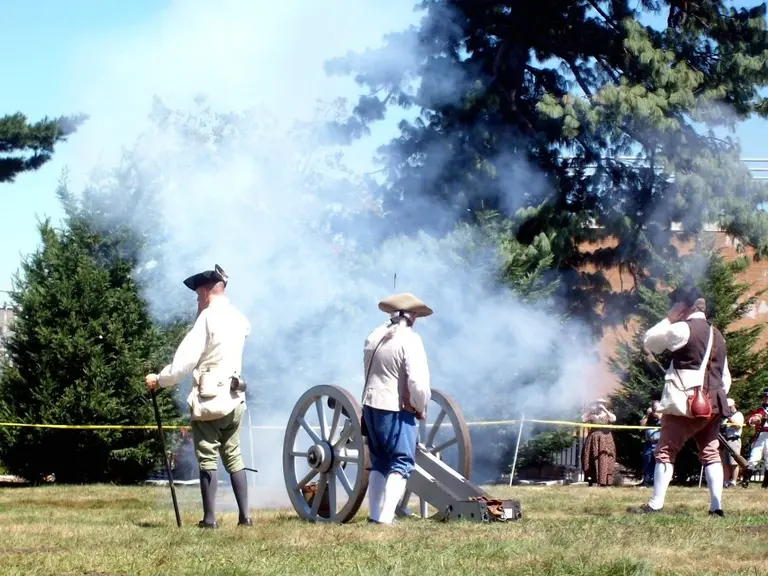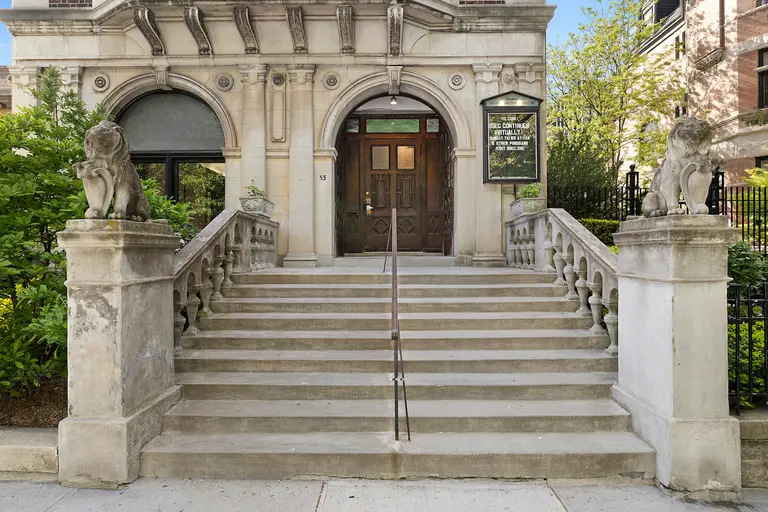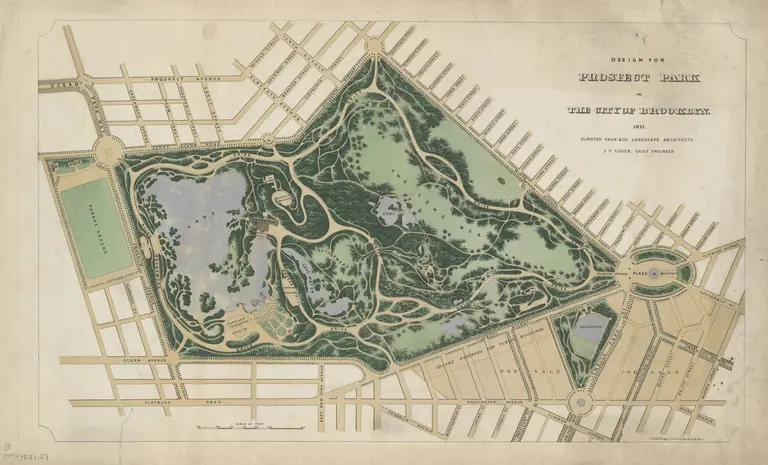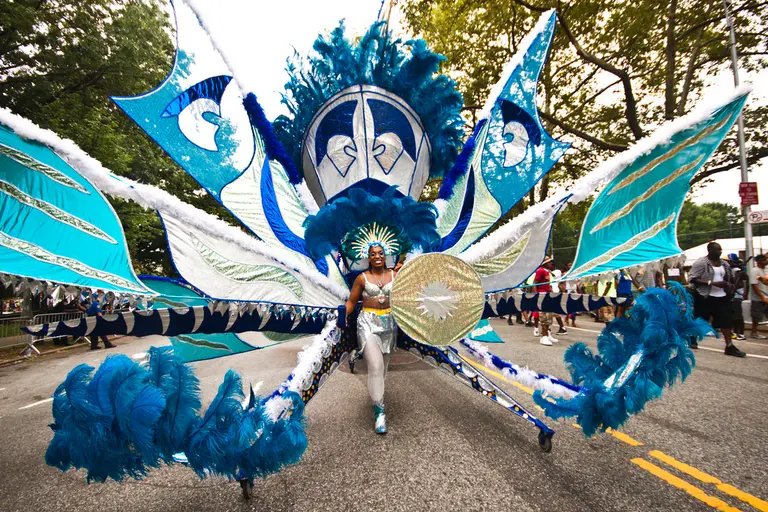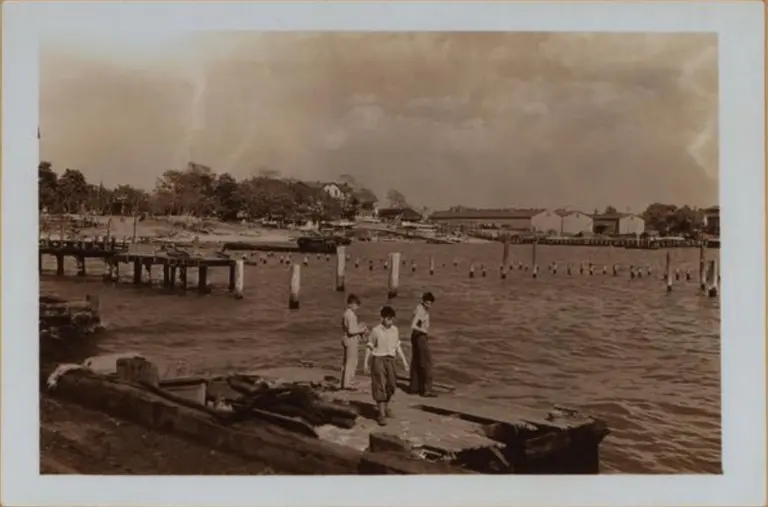The Battle of Brooklyn 242 years later: Where the fighting played out in present day
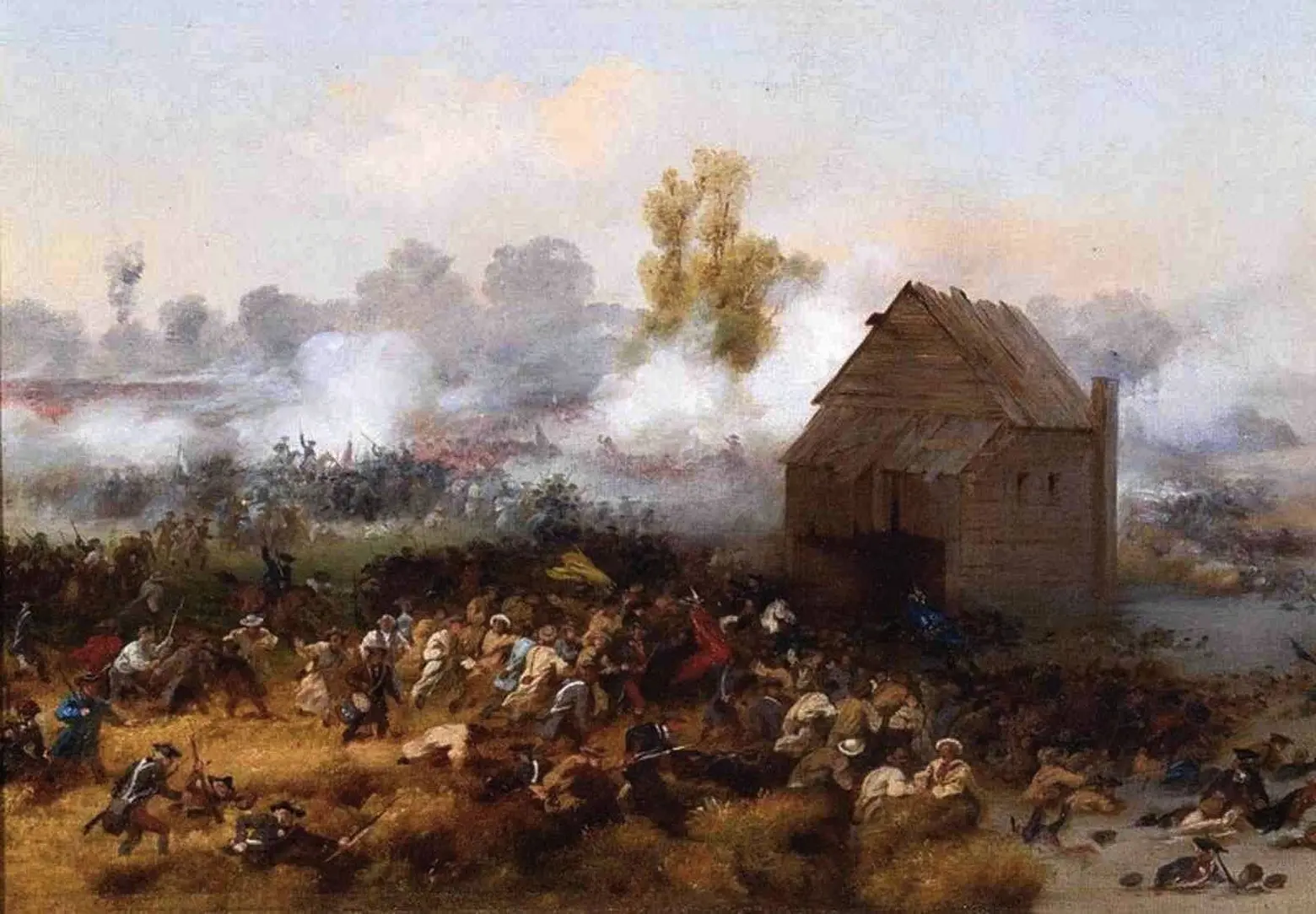
Battle of Long Island, 1858 by Alonzo Chappel
242 years ago on August 27th, less than two months after the signing of the Declaration of Independence, the largest battle of the Revolutionary War played out across Brooklyn. What was first known as the Battle of Long Island (Brooklyn was still just a small town at the time of the attack) was later dubbed the Battle of Brooklyn. On this summer day in 1776, The British took their troops from Staten Island to stealthily attack George Washington and his Continental Army at their Brooklyn camp. Greatly outnumbered in size and skill, Washington sent many of his soldiers on an escape route through Brooklyn Heights and across the foggy East River to Manhattan. To distract the British and buy the rest of the troops time, Washington also sent the entire 1st Maryland Regiment, known as the Maryland 400, on a suicide mission. All 400 soldiers from the regiment were killed in battle with the British, but the Continental Army made its escape and went on to win the war.
Not surprising since these harrowing events played out across a good portion of the borough, there are monuments, a museum, and plaques to commemorate it. And then there are popular Brooklyn locales—from Prospect Park to Green-Wood Cemetery—that you might not realize were former battlefields. After the jump, 6sqft rounds up the modern-day locations once crucial to the Battle of Brooklyn, with some tips on how to commemorate the event this weekend.
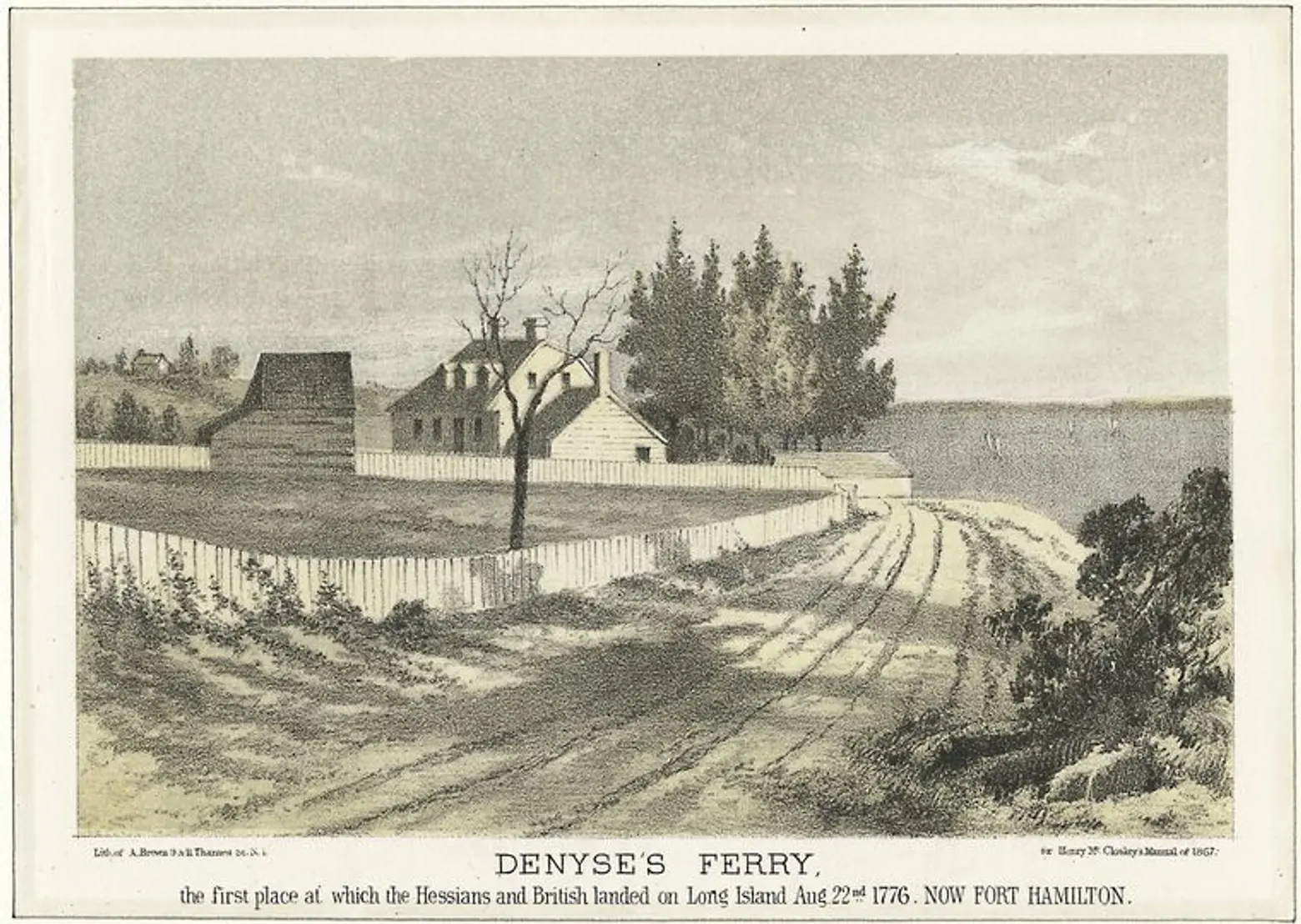 Denyse’s Ferry, the first place at which the British landed, via Wikipedia
Denyse’s Ferry, the first place at which the British landed, via Wikipedia
Denyse’s Ferry, present day Bay Ridge
This is the site where the Battle of Brooklyn began. A British fleet commanded by Admiral Lord Richard Howe sailed up through the Narrows to make their sneak attack. On August 22nd, 20,000 troops unloaded on the Brooklyn shore near the Denyse Ferry landing. And on August 27th, the British made their attack. Today, this spot is located directly under the Verrazano Narrows Bridge and marked as part of the Revolutionary War Heritage Trail.
The Red Lion Inn, present day Green-Wood Cemetery
A rectangular plot of land adjacent to the main entrance of Green-Wood Cemetery—which now contains maintenance facilities and a garage alongside gravestones—was once the site of the Red Lion Inn. This Colonial tavern was the spot where the British first encountered American pickets. After an exchange of musket fire, the Americans retreated in a panic up the Gowanus Road to the Vechte-Cortelyou House—more on that location later.
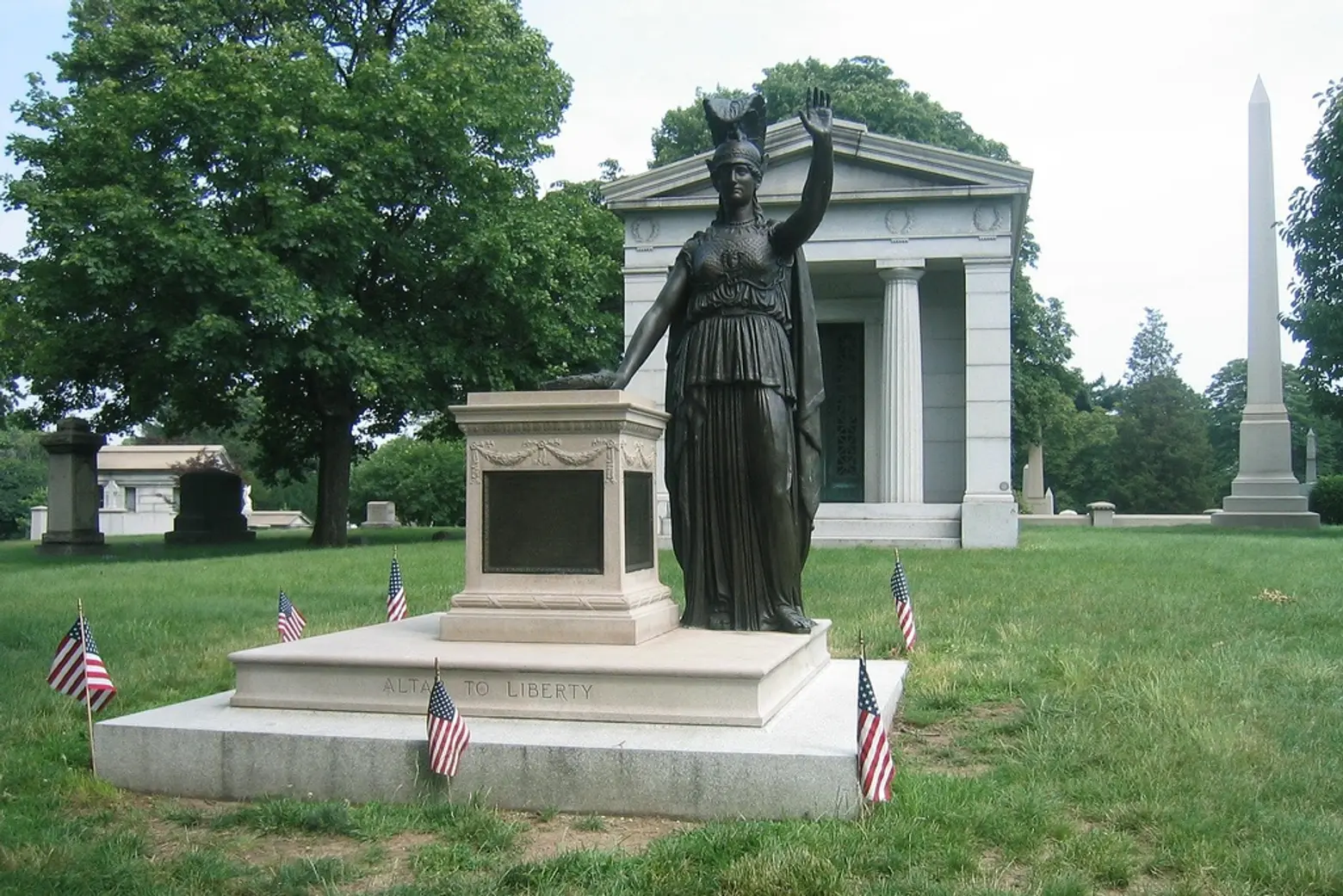 Monuments atop Battle Hill, by Wally Gobetz via Flickr/Creative Commons
Monuments atop Battle Hill, by Wally Gobetz via Flickr/Creative Commons
Battle Hill, present day Green-Wood Cemetery
Battle Hill sits within the 478-acre Green-Wood Cemetery. As the highest point within King’s County at 220 feet, it became a strategic location of the war. Both British and American forces moved on the site in an attempt to seize it during the Battle of Brooklyn, resulting in brutal fighting and one of the highest-casualty clashes of the war. Today there is a monument on the hill, where you’ll also catch spectacular views of the New York Harbor.
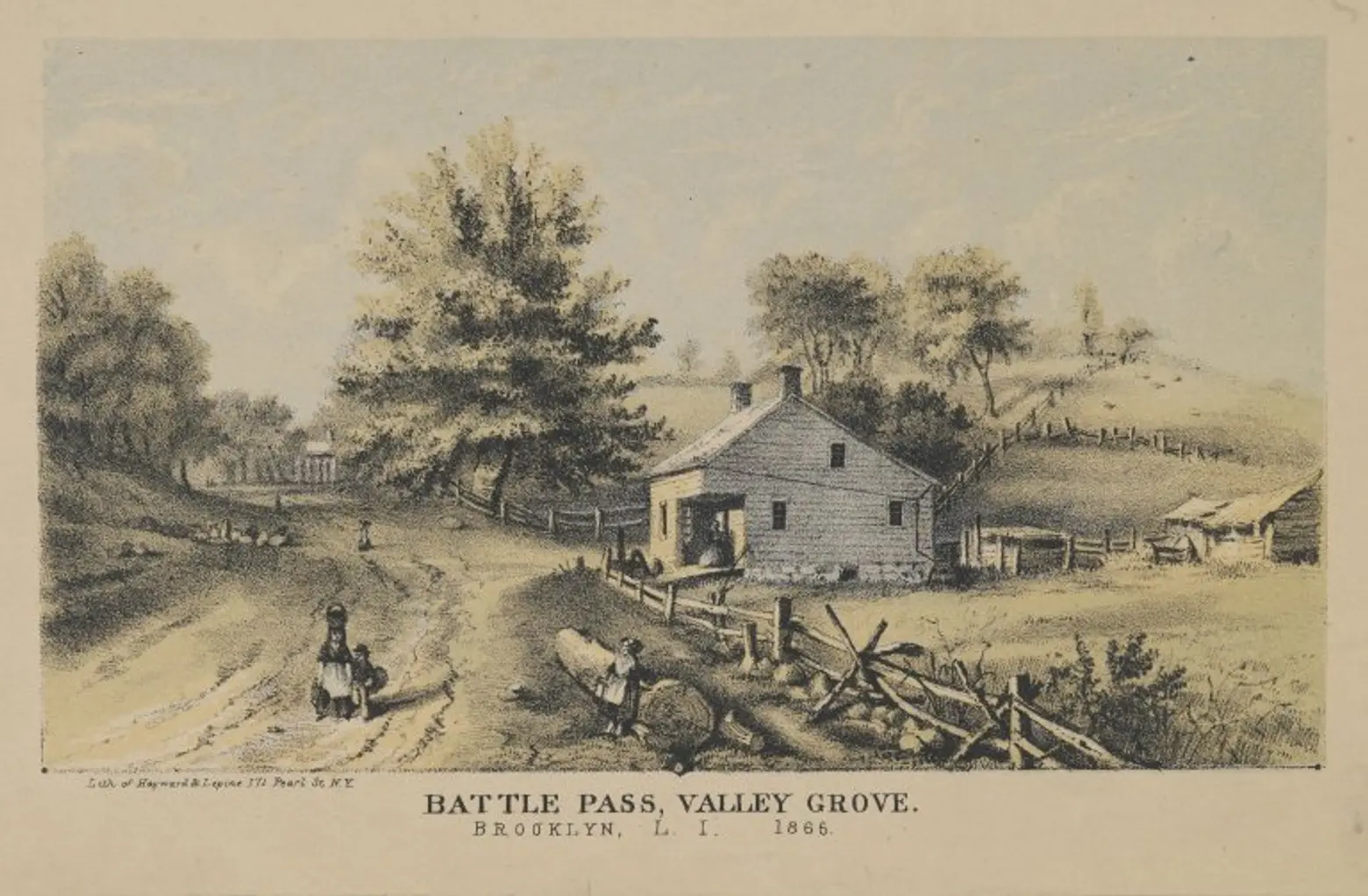 Battle Pass from the online collection of the Brooklyn Museum, via Wikipedia
Battle Pass from the online collection of the Brooklyn Museum, via Wikipedia
Battle Pass, present-day Prospect Park
Considering the ferocity of the British attack on Battle Hill, American troops were unaware it wasn’t the main attack planned by the Brits. They also bombarded Battle Pass, sneaking up on American troops by coming over a different pass than the American general John Sullivan had anticipated. Heavy casualties mounted between the Americans and British in what is now known as Prospect Park. General Sullivan was captured, but most of his troops retreated across what’s now known as the Long Meadow of the park. Those troops—including the Maryland 400—escaped to the Vechte-Cortelyou House, which would be the site of the battle’s “final resistance.” There’s a stone marker within the park commemorating what happened.
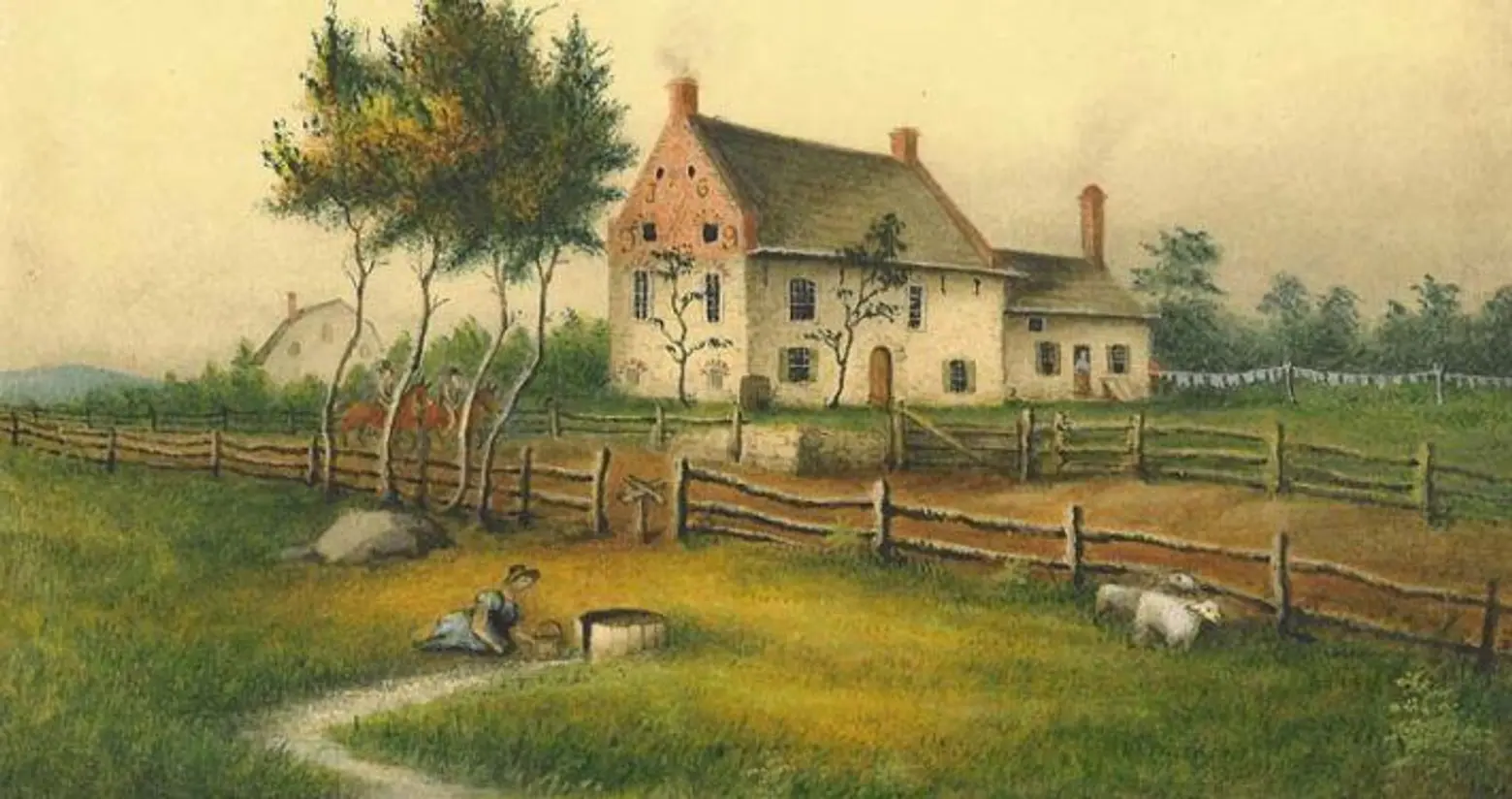 The Vechte-Cortelyou House, courtesy the Brooklyn Historical Society
The Vechte-Cortelyou House, courtesy the Brooklyn Historical Society
Vechte-Cortelyou House, now the Old Stone House
This Dutch farmhouse, built in 1699, was where the Maryland troops made two attacks against over 2,000 British troops. The soldiers of the Maryland 400 perished in battle here, but were able to successfully hold back the British. The Vechte-Cortelyou House was destroyed in battle, but was rebuilt in 1934 as the Old Stone House, in Park Slope’s Washington Park. The recreation Dutch farmhouse serves as a house museum and the best place to learn about Brooklyn’s role in the Revolutionary War.
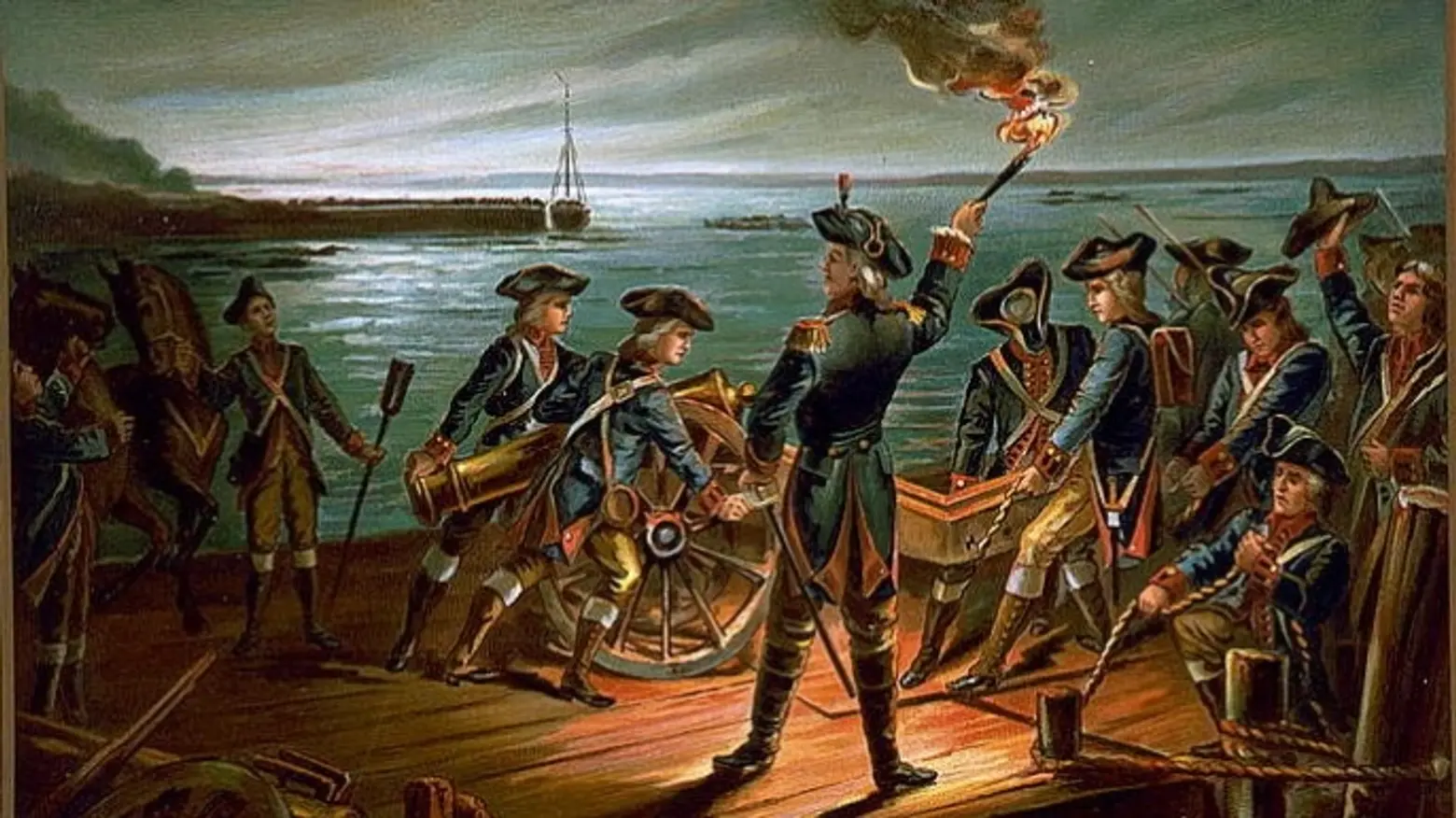 George Washington and his troops crossing the East River, via History.com
George Washington and his troops crossing the East River, via History.com
Fulton Ferry Landing, present day Brooklyn Bridge Park
The series of devastating battles left some 9,000 Americans pinned against the East River. George Washington ordered his men to round up all the flat-bottomed boats they could find in the middle of a rainy, foggy night. He then used his hastily assembled flotilla to silently ferry units across the river to Manhattan. Rags were used to muffle the sound of the oars, and campfires were left burning to deceive the British. By the time the British finally realized what was happening, the troops had already made the crossing with most of their equipment and artillery.
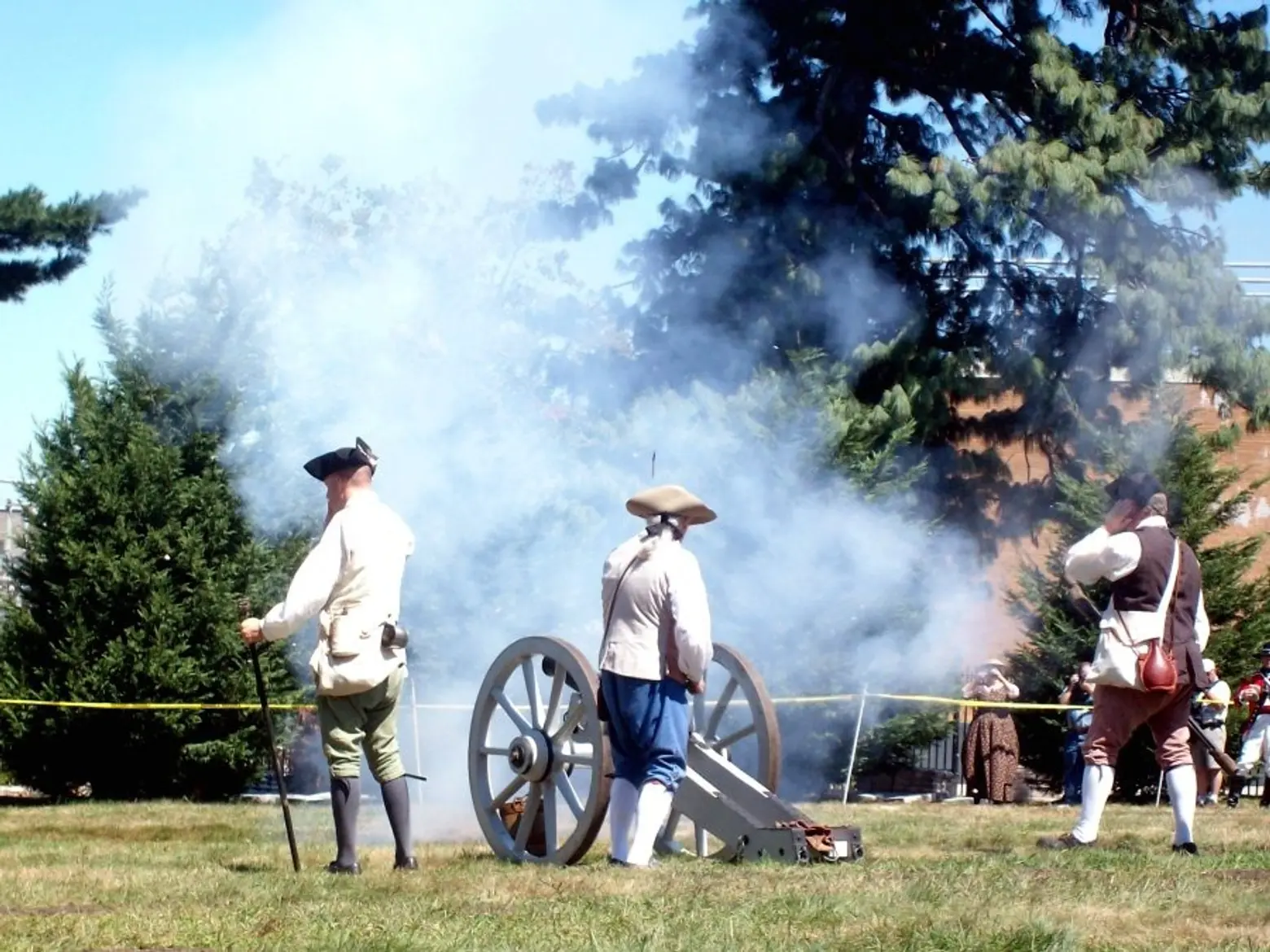 Battle of Brooklyn reenactment in Green-Wood Cemetery, by Allison Meier via Flickr/Creative Commons
Battle of Brooklyn reenactment in Green-Wood Cemetery, by Allison Meier via Flickr/Creative Commons
Honoring the event
Every year Brooklyn hosts a number of events to honor the anniversary of the Battle of Brooklyn. One of the most popular takes place at Green-Wood Cemetery, in which visitors stroll through the scenic landscape as Revolutionary War re-enactors set up camp, cook, socialize and ready themselves for the next day’s battle. That’s joined by dance demonstrations, music, 18th-century food to sample, and storytelling. You can buy tickets for the event, taking place this Sunday, here.
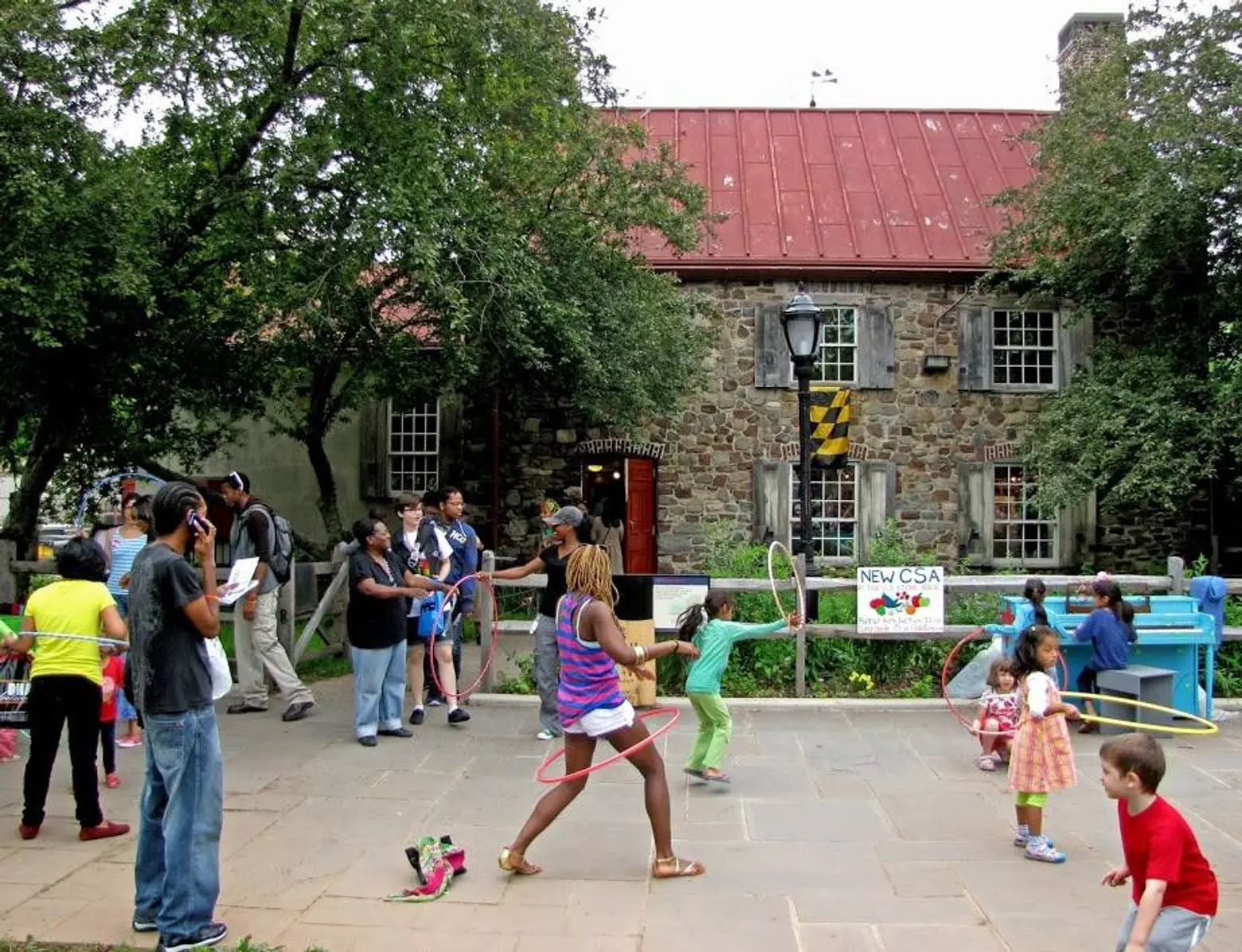 The Old Stone House in Park Slope, via Old Stone House Facebook
The Old Stone House in Park Slope, via Old Stone House Facebook
The Old Stone House also celebrates “Battle Week” with numerous events and activities both at the museum and across Brooklyn. On Saturday there will be a Battle of Brooklyn Neighborhood Walk. For the full list of happenings, check here.
RELATED:
